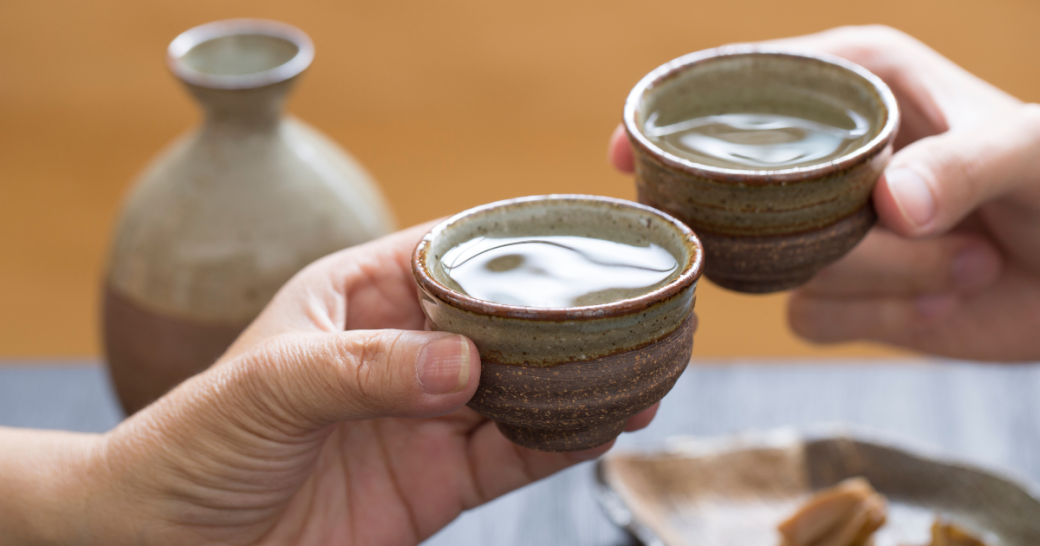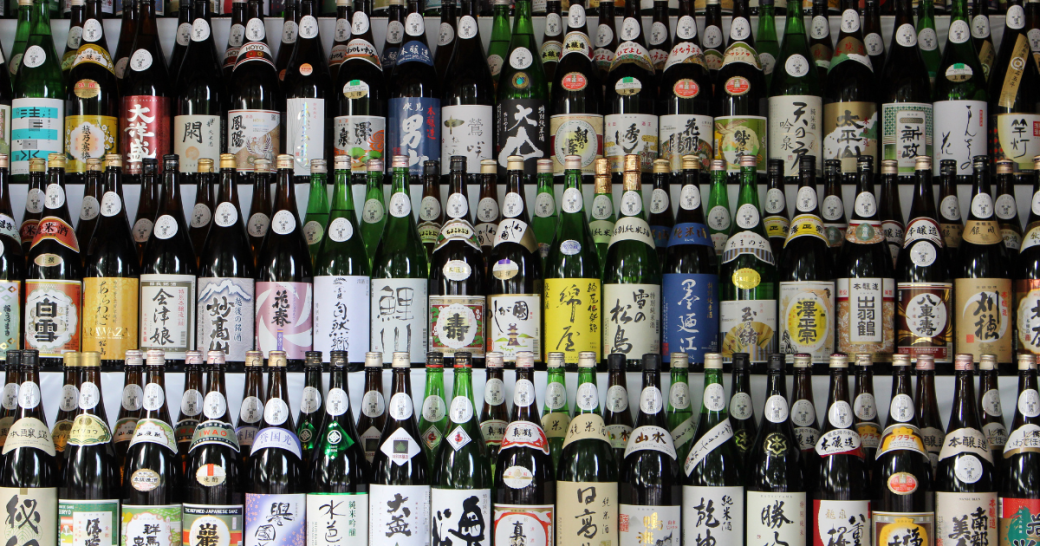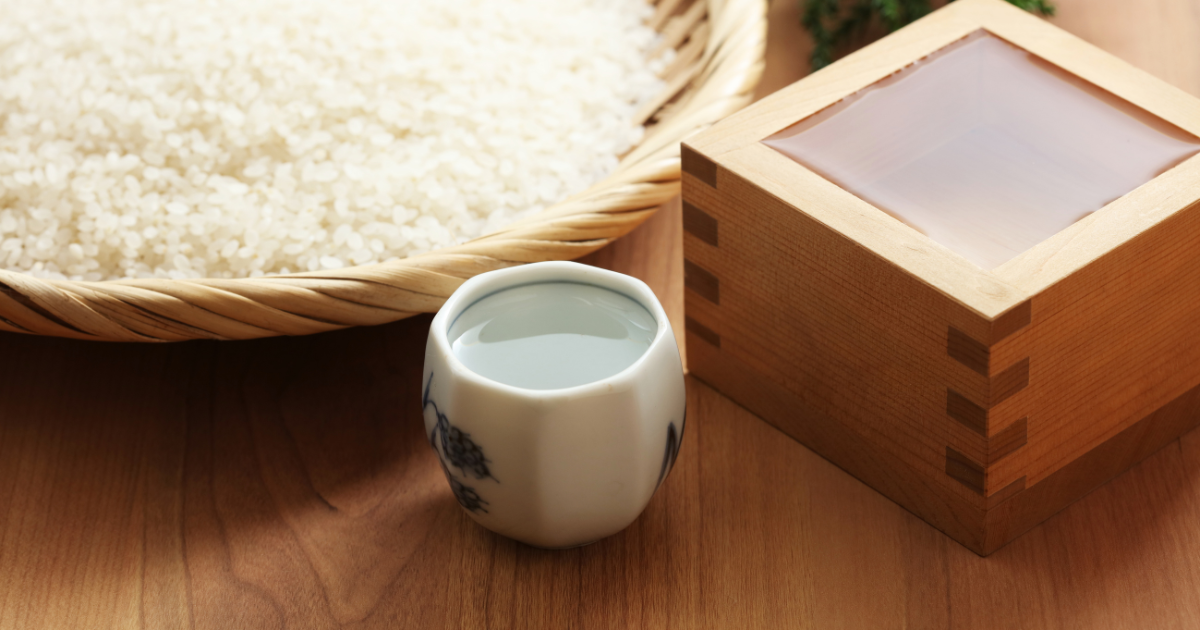Sake and Sustainability: A Journey into Eco-Conscious Brewing
Posted by Sarah
As long-time aficionados of all sorts of luxury Japanese holidays, we’d hate to keep the enchanting world of Japanese sake all to ourselves. This traditional rice wine (nihonshu), steeped in cultural and historical significance, offers more than just an exquisite taste experience. Craft breweries in the industry, employing many of the same time-honoured techniques from the origin of the craft, have long blended modern methods of environmental dedication, resulting in a truly sustainable practice that thinks, breathes, and savours a locally-grown way of life. At the forefront of this are heritage breweries like Kadoguchi (est. 1968) which, nestled in the looming Iiyama mountains of central Nagano Prefecture, loses none of its complex, legendary flavour in seamlessly committing to environmental conservation.
Celebrating Green Brewing Techniques
Understanding the craftsmanship behind sake is key to appreciating its sustainable roots, and the dedication of the newest brewers in continuing this eco-friendly legacy. Crafted from polished rice, water, yeast, and koji mould, the whole of sake production is fermented in history, employing modern techniques only to expedite what has already long been perfected. Kadoguchi’s very construction is its own evidence, cradling the orthodox wooden architecture of the original beams and fermentation chambers (kojimuro) in a modern, functional shell. Kadoguchi’s commitments to responsibility may start with Iiyama’s clean alpine water and locally sourced rice, but that’s far from where they end.

Certain local farmers who provide Kadoguchi’s rice are employed by the factory as seasonal workers, growing their rice in spring, harvesting in fall, and re-joining the company each year to see it become nihonshu first-hand, effectively following each grain of rice from a humble beginning to a delicious end. These rice grains, polished down to a fraction of their size, begin their eco-friendly journey right here at this first step, since the discarded exteriors of polished rice grains are recycled into rice sweets. The polished grains move along a process that has been cleverly streamlined to minimise the use of energy. Even the necessary heat required to keep the rice at an acceptable level for fermentation is provided by the fermentation process itself, as the tanks are constructed to conserve the heat generated by the fermenting yeast.
Near the end of its journey, unfiltered sake is brought through a filtration system, and discarded sake byproduct (kasu) is sold to be used in pickling local vegetables. Nothing here is wasted if it can be used, and even the bottles that Kadoguchi hand-fills with its nihonshu are recycled. To this preservational commitment Kadoguchi also owes its unassuming nature. From the outside, there are no pillars of smoke or idling trucks to tell you this is a factory at all. There is merely the chill of the breeze, the blue of the distant mountains, and a serene quiet.

Cherished by the Community
The Kadoguchi brewery, with its flagship offering, Hokko Masamune, holds a revered place in Iiyama’s relaxed Togari neighbourhood. The brewery’s central role in this community underscores the tight-knit bonds and shared values that thrive here. Its sake, shared as a heartfelt gift at any rowdy celebration or reserved, traditional ceremony, embodies Togari’s spirit of community and sustainability. Like the water from which it is made, Hokko Masamune flows freely here.
Sake, Sustainability, and Tourism
Choosing to support neighbourhood businesses like Kadoguchi during your travels makes a meaningful difference. It promotes local sourcing and reduces the environmental footprint associated with long-distance shipping. The local sake industry, with its reliance on sustainable rice farming and minimal ingredient list, exemplifies an eco-friendly model worth supporting.
In embracing the world of artisan sake, you are not just indulging in a cultural treasure, you are doing so knowing that it has come from a place of reverence for hard-fought tradition and a deep-seated respect for the planet we call home. And as we say, we’d hate to keep it all to ourselves, which is why we now offer an exclusive factory tour of the Kadoguchi brewery grounds, following the path of the rice grain from crop to bottle, all led by the master brewer and owner himself. Trust us – having stepped under the hanging paper shide, climbed the old wooden stairs to the Shinto shrine, and immersed yourself in the ways of the new and old, the tasting at the end will be all the sweeter.
Recent Posts
- Street Food, Seafood & More: Japan’s Most Delicious Markets
- The Future of Pearls: Japan’s Commitment to Sustainable Pearl Cultivation
- The Nakasendo Trail: Where History Meets Adventure
- Japanese Hot Springs: A Beginner’s Guide to Onsen Etiquette
- Rural Japan at Its Finest: Why Niigata Will Capture Your Heart

